The upcoming elections in Seychelles have been thrown into sharp focus as the small, ecologically fragile Assumption Island becomes the center of a heated political and environmental storm. The Indian Ocean island nation, often celebrated for its pristine beauty and thriving tourism industry, now finds itself grappling with a polarizing issue that could decide the future of its leadership and reshape its relationship with the global community.
Assumption Island, a remote, coralline strip of land located about 1,140km from Seychelles’ main island of Mahé, has long been overlooked due to its barren landscape and history of guano exploitation. Today, however, its geographical position near vital East-West shipping lanes and its proximity to the UNESCO World Heritage-listed Aldabra Atoll has made it one of the most strategically important yet ecologically vulnerable spots in the Indian Ocean. What was once an almost forgotten outpost is now a battleground between powerful investors, environmental campaigners, and politicians seeking to win the favor of Seychellois voters.
At the heart of the controversy is a 70-year lease agreement signed by President Wavel Ramkalawan’s government with investors linked to the Qatari royal family. Through their Middle East-based Assets Group, Qatar is developing a luxury 40-villa resort on the island, complete with an upgraded concrete airstrip capable of accommodating executive jets. The $20 million deal, coupled with the prestige of bringing in global luxury hospitality brand Rosewood, has been promoted by the government as a much-needed injection of foreign investment in a nation heavily reliant on tourism and vulnerable to global economic shocks.
But for many Seychellois, the deal represents a betrayal of promises to protect the country’s natural heritage. Assumption Island serves as one of the most important green turtle nesting beaches in Seychelles and acts as a gateway to Aldabra, home to 400 species found nowhere else on Earth. Conservationists, including campaigner Lucie Harter, warn that unchecked development risks destroying ecosystems that scientists like Sir David Attenborough have hailed as among the world’s greatest treasures. Reports of a tortoise shell crushed by construction machinery have fueled anger, while the government’s planning authority’s stop notice issued earlier this year has seemingly been ignored. Environmental groups such as Friends of Aldabra and Seychelles at Heart have taken their case to the Constitutional Court, demanding independent oversight and environmental impact studies before further work continues.
This growing outcry comes at a politically sensitive time. President Ramkalawan, an Anglican priest-turned-politician who swept to power five years ago on an anti-corruption ticket, is now fighting to defend his record. His government successfully steered Seychelles out of the Covid-19 tourism collapse and delivered impressive economic results, including 5.8% GDP growth forecast, rebuilt foreign reserves worth $800 million, and low unemployment rates. However, many voters see the Assumption Island controversy as proof of backroom deals and broken promises.
Opposition leader Dr. Patrick Herminie of United Seychelles has seized on the issue, branding the deal corrupt and opaque. Herminie, who promises stronger social welfare programs and lower costs of living, has framed the Assumption lease as emblematic of Ramkalawan’s failure to put the Seychellois people ahead of foreign interests. His campaign has been buoyed by defectors from the ruling party, including Alexander Pierre, the architect of Ramkalawan’s 2020 election victory, who now accuses the president of flip-flopping on key promises.
Other challengers, including fiery newspaper proprietor Ralph Volcere, have used their platforms to denounce the current administration as corrupt and self-serving. Volcere himself has drawn criticism for links to disgraced businessman Mukesh Valabhji, but his campaign nonetheless highlights public frustration with the government’s perceived lack of transparency.
With more than 73,000 Seychellois registered to vote, the outcome of this election may hinge less on economic statistics and more on the symbolic fight for Assumption Island. The project has become a rallying cry for those who view Seychelles not merely as a tourist destination but as a fragile ecosystem that requires protection against reckless development. Many voters believe that once such natural treasures are lost, they can never be recovered.
As the election approaches, Seychelles stands at a crossroads. Will voters endorse Ramkalawan’s pragmatic embrace of foreign investment as a path to survival in an uncertain global economy, or will they rally behind Herminie and other opposition voices calling for environmental preservation and greater accountability? The Assumption Island controversy has transformed from a remote ecological debate into a defining national issue, one that could shape the political, environmental, and economic future of Seychelles for decades to come.


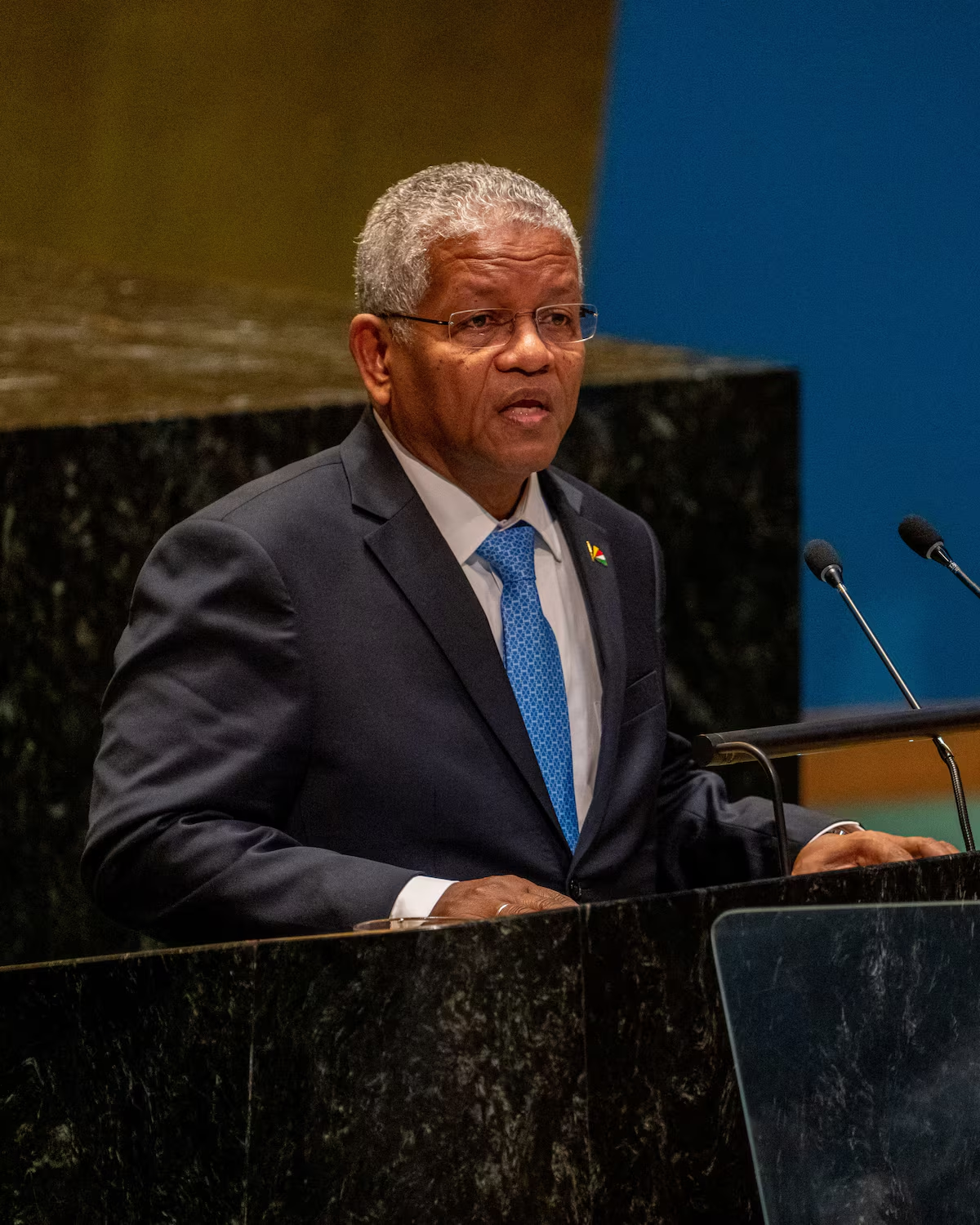
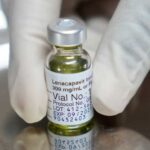
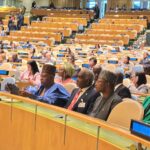





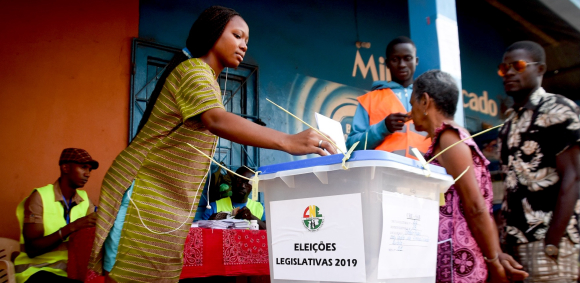
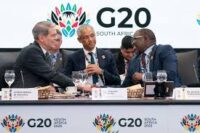


Leave a comment